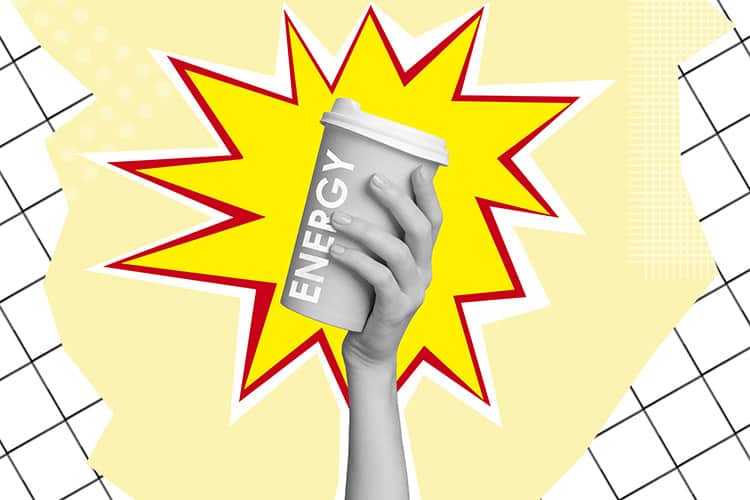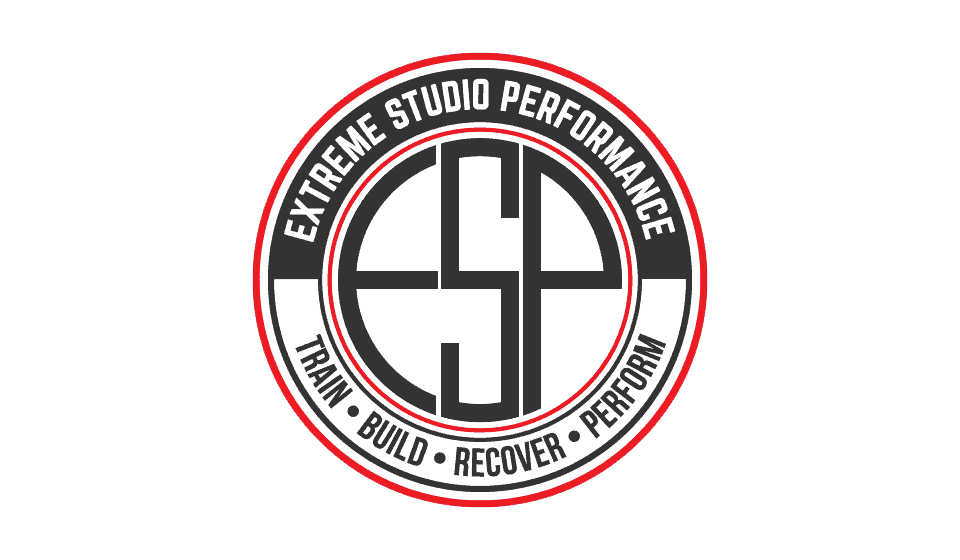
When I need an energy boost, I brew up a cup of tangerine-flavored black tea. It’s just enough caffeine to give me a little pick-me-up. My husband likes to go for coffee or energy drinks. But caffeine isn’t your only option for a natural energy boost.
You might also have recently heard of theacrine as a supplement that you can take instead of or alongside caffeine for longer-lasting energy. But what is theacrine, what makes it different from caffeine, and how can you use them together?
 Caffeine and Theacrine
Caffeine and Theacrine
Both caffeine and theacrine are nootropics (pronounced “new-tro-pik”), also called “smart drugs.” They’re chemical substances that enhance the way your brain works.
Caffeine is a stimulant that affects the central nervous system. It naturally occurs in certain plants, including coffee and tea. It can give you an energy boost, but too much can leave you jittery, raise your blood pressure, and make it hard to sleep. Too much caffeine can even affect your heart. The FDA recommends that adults consume less than 400 mg per day.
Theacrine is a purine alkaloid, with the full name tetramethyluric acid. TeaCrine® is the brand name for commercially available theacrine. You’ll often see “TeaCrine” in ingredients lists rather than ‘theacrine,” but it’s the same thing. Much like caffeine, theacrine can boost your energy. It doesn’t seem to have the negative side effects, though.
Theacrine Benefits
There’s a solid body of research on theacrine that supports its positive benefits. It’s not just a new fad supplement; this is something with multiple studies backing up the claims (see Habowski et al., 2022 and Sheng et al., 2020).
Studies indicate that theacrine provides longer-lasting, smoother energy than caffeine. Longer-term studies do not indicate any negative side effects such as jittery feelings or heart-rate increases with theacrine (see Kuhman et al., 2015 and Taylor et al., 2016). It also has a lower habituation rate, making it ideal for daily use without tolerance build-up. Plus, theacrine can work synergistically with caffeine in low doses, providing boosts for cognitive performance (Bello et al., 2019).
A Note of Caution
Theacrine may interact with sedatives and increase or decrease how well they work; check with your doctor before taking theacrine if you take any sedative type medications (WebMD). There are not enough studies on theacrine for pregnant or breastfeeding women to know whether it is safe. If you’re pregnant or nursing, err on the side of caution and avoid it entirely or check with your doctor.
Avoiding the Crash
If you take caffeine for an energy boost, you probably also know that you can experience a “crash” when it wears off and that you build up a tolerance to it, meaning you need to take more to get the same energy boost. Theacrine lets you avoid these issues. It doesn’t cause crashes in your energy levels when you take it and you don’t build up a tolerance, so you won’t need to keep upping the dosage.
You can replace caffeine with theacrine if you want a longer-lasting energy boost without the downsides of caffeine, or you can use them together for even more benefits. Caffeine and theacrine work in synergy to give you more energy, longer-lasting energy, and sharper focus than you’d get with either of them alone. Try taking a supplement containing theacrine (with or without caffeine) at the same time of day that you’d usually take caffeine (for example, 30-60 minutes before working out).
